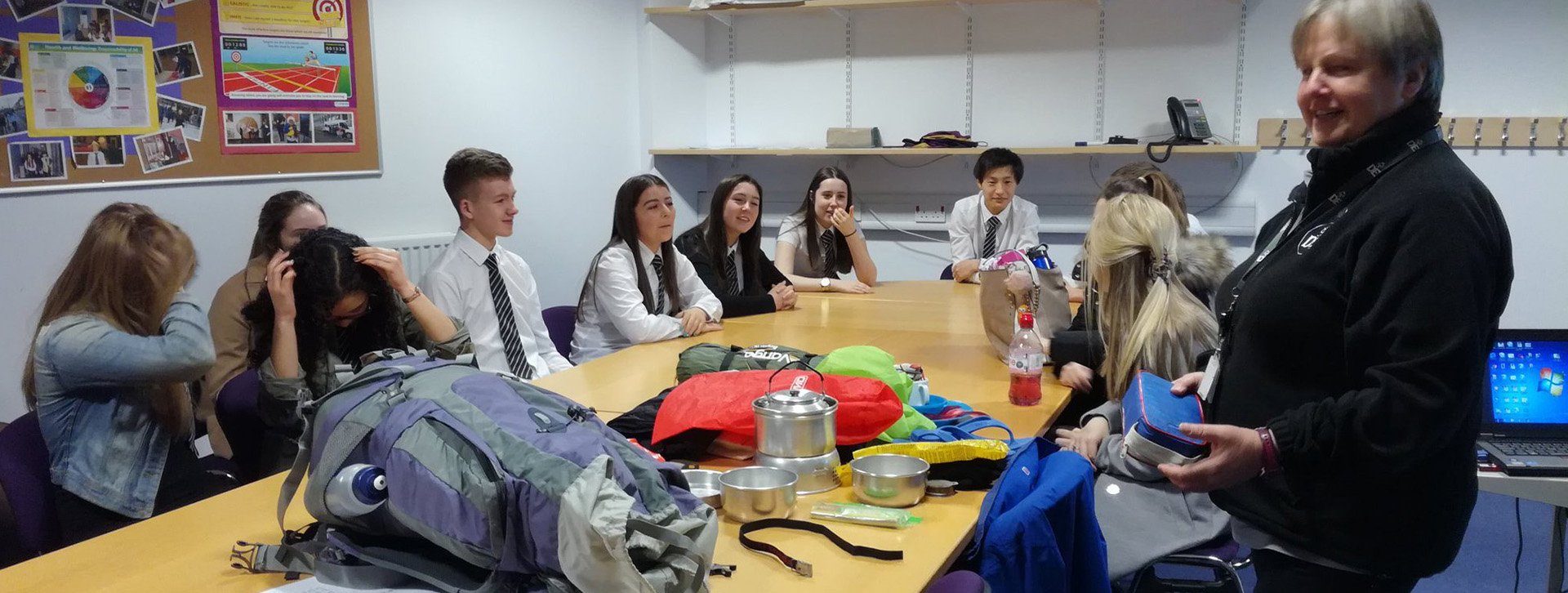How to build your team of volunteers

Groups do what they do thanks to their team of helpers. As a DofE Leader, you might also be in charge of recruitment of the team. It’s important you take a hands-on role in this area – looking for individuals who share your interest in helping, and are appropriate, to work with young people, have a passion for our work and know how to connect with current and potential participants.
There are numerous ways you can recruit volunteers but not all of them will work well for your Licensed Organisation (LO) or your particular needs. So, to help you get started, we’ve picked out a handful of basic recruitment methods you could use:
– Former participants – Award holders are likely to be natural DofE supporters, well versed in the DofE and with many reasons to want to support our work. They’re likely to have positive memories of doing their DofE and be open to revisiting some of their experiences.
– DofE Young Leaders – Encourage former participants to become part of the Leadership team, particularly after they’ve completed their programme (especially Gold). Training is available and Young Leaders can be an active part of the volunteer team, gaining the experience to take on a DofE Leader or another volunteer role.
– Volunteering Awards – Volunteers under 25 years old can aim to complete a number of Youth Volunteer Awards, which are excellent recognition for their volunteer efforts. For example, v-Inspired, Millennium Volunteers and Saltire Awards. You could use this as an incentive for Young Leaders to come on board.
– Name generation – One way to find interested people is to create a list of all those who may be willing to assist, such as parents, colleagues and former Leaders and then ask them! Be clear about what you want them to do and how much time it will involve.
– ‘Targeting’ individuals from the local community – Look for willing volunteers, for example school governors, Scout/Guide Leaders etc.
– Events – Running either an individual event or attending one arranged elsewhere, such as university freshers’ fairs or church fetes, is a way to meet people all at once. This approach requires having people who have the confidence to go up to others and try to inspire them to sign up. Choosing an eye-catching activity that shows the DofE at its best is most likely to make a lasting impression. But expect to talk to a lot of people and for many of them to not be interested.
– Printed resources – These are a good way to highlight the type of activity as well as give more information about the role. Volunteer leaflets and posters can be found on the Brand Centre, which you can personalise to your group/centre. However, having someone to contact and an event to attend would be ideal, as printed resources can be expensive. So, thought needs to be put into where to display them.
– Online advertising – This is becoming increasingly popular, with a large number of people actively searching online for their perfect volunteer role. Having your own website or advertisement on another site, such as Do-It, is a very useful tool to refer potential volunteers to. You can use these platforms to put up information about the role and your LO, plus it’s low cost, you can share links to the role on your social media and you can target potential volunteers by age, place, their interests and skills and more.
– Thank your volunteers – Personally thank your current volunteers for their support and, if possible, ask your headteacher to thank them as well. This will help them to feel valued and might encourage them to continue supporting your groups next year or suggest volunteering to a friend.
Have you used another recruitment method that’s proven to be effective for your LO? Do you have any top tips for advertising volunteer roles? If so, then please share your ideas and advice on the Schools’ Calendar and support other Leaders build their team of volunteers.




